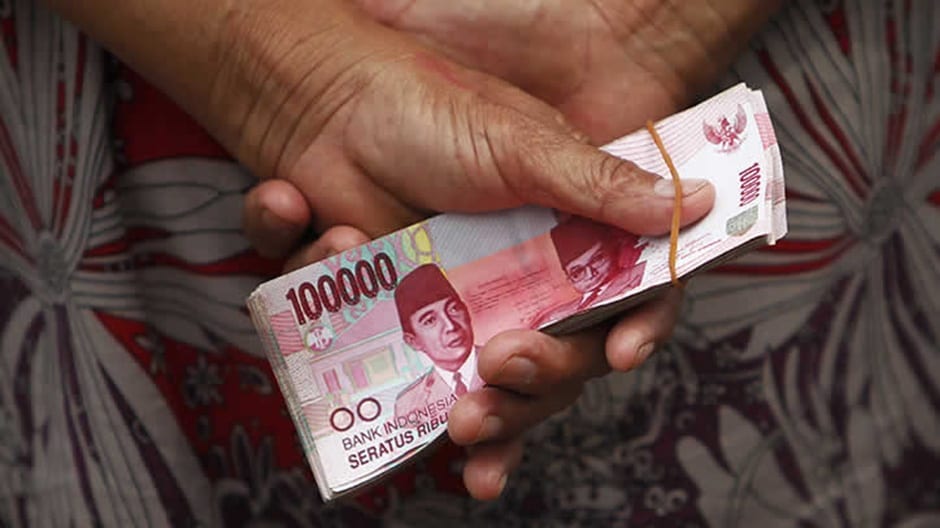
Bank Indonesia Governor Agus Martowardojo emphasized on Wednesday (24/01) that there is limited room for lowering interest rates due to the United States Federal Reserve’s plan to increase its benchmark rate, and the need to keep inflation in check.
“[Room] to adjust the seven-day reverse repo rate is probably very narrow under the current conditions,” Agus told reporters. He added that the central bank will rely more on other monetary instruments to drive the economy.
Agus said Bank Indonesia will relax reserve requirements by July. Lenders are currently required to keep a minimum reserve of 6.5 percent of their total rupiah deposits at the central bank at any time, comprising daily reserve of 5 percent and a two-week averaging reserve of 1.5 percent.
Agus said Bank Indonesia will increase the averaging portion to 2 percent to allow lenders to be more flexible in managing their liquidity.
It will also relax the averaging rules for foreign exchange deposits and sharia-compliant banks.
The central bank will also allow larger bond purchases as a portion of banks’ loan to deposit ratios, and improve secondary reserve requirements for macroprudential liquidity buffers.
Agus said the external risk stems especially from the Fed’s plan to increase its benchmark rate, while there are also fears that geopolitical conditions may increase pressure on financial market stability, including in Indonesia.
Bank Indonesia will also pay more attention to inflationary pressures, especially on volatile goods. Prices of rice, chili peppers and other horticultural items are expected to greatly contribute to inflation this month, he said.
“We welcome the government’s decision to import rice, and as rice harvest will also take place soon, the prices will be under control,” Agus said.
Bank Indonesia has set an inflation target of between 2.5 percent and 4.5 percent this year.
The central bank last cut its benchmark interest rate in October to 4.25 percent from 4.5 percent, as inflation continued to decline at the time. This also complemented the bank’s monetary easing, which saw it cut by 200 basis points from December 2015 until last year.

